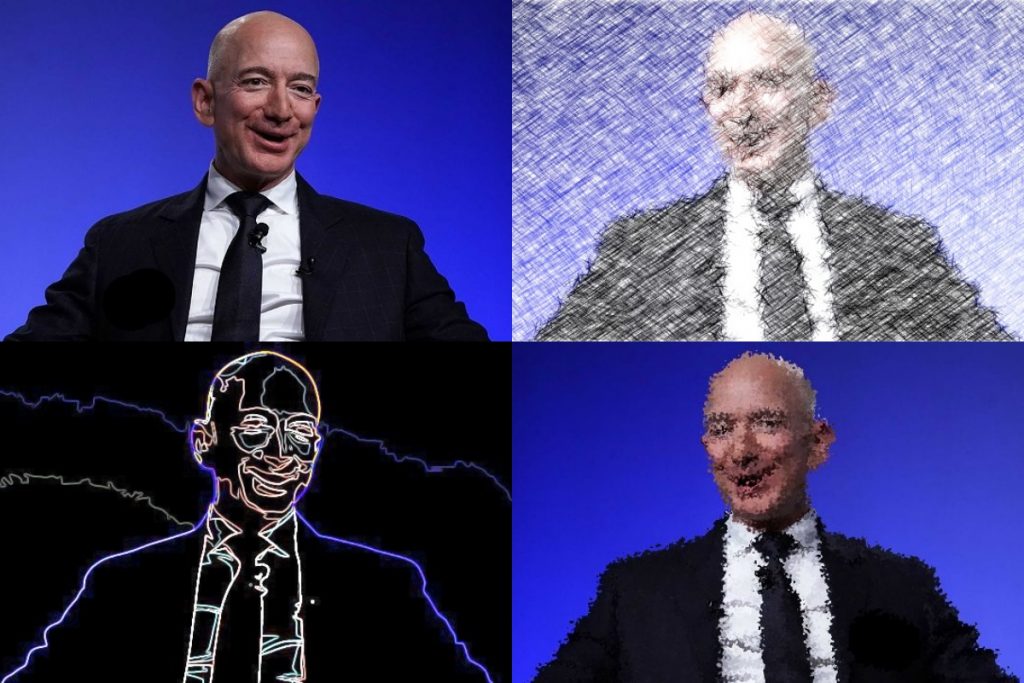In a Medium essay Tim O’Reilly asks the question “how much value has Jeff Bezos added through his company Amazon?”. Now Tim is a successful publisher through O’Reilly Press of books and tools used in ITdevelopment. So Tim will be very familiar with Jeff’s two major business undertaking – the eCommerce goliath Amazon.com and the Cloud Computing leader, AWS-Amazon Web Services.
Tim sets the stage with Jeff’s own words:
If you want to be successful in business (in life, actually), you have to create more than you consume. Your goal should be to create value for everyone you interact with. Any business that doesn’t create value for those it touches, even if it appears successful on the surface, isn’t long for this world. It’s on the way out.” So wrote Jeff Bezos in his final letter to shareholders, released last week. It’s a great sentiment, one I heartily agree with and wish that more companies embraced. But how well does he practice what he preaches? And why is practicing this so hard by the rules of today’s economy?
Bezos started out by acknowledging the wealth that Amazon has created for shareholders — $1.6 trillion is the number he cites in the second paragraph. That’s Amazon’s current market capitalization. Bezos himself now owns only about 11% of Amazon stock, and that’s enough to make him the richest person in the world. But while his Amazon stock is worth over $160 billion, that means that over $1.4 trillion is owned by others.
“I’m proud of the wealth we’ve created for shareowners,” Bezos continued. “It’s significant, and it improves their lives. But I also know something else: it’s not the largest part of the value we’ve created.” That’s when he went on to make the statement with which I opened this essay. He went on from there to calculate the value created for employees, third-party merchants, and Amazon customers as well as to explain the company’s Climate Pledge.
Bezos’ embrace of stakeholder capitalism is meaningful and important.
Hence readers are encouraged to return to the full essay at Medium for clear delineation of what is awry with American Capitalism. The bottom line is that a significant fraction of the US working population feels impacted by Existential Threats to their livelihood. More jobs require a college degree and perhaps additional advanced training. But that degree and training a)costs so much; b)does not guarantee a job as so many individuals are competing for the same positions; and c) the nature of the training and work is itself changing so fast.
Now Tim O’Reilly knows that the World is facing a number of Existential Threats – Climate Change getting further out of control; Nuclear Disaster Being Tripped off by Authoritarian or Rogue players; but on the sidelines is the Existential Threat faced by more of the US and World population -can they make a living wage? With the prospect that AI automation and supply chain rationalization will further deplete the labor force opportunities for living wages one can see the Populist sentiment that empowers political grifters like Bolsanaro and Trump.
So which Jeff Bezos do you admire?

